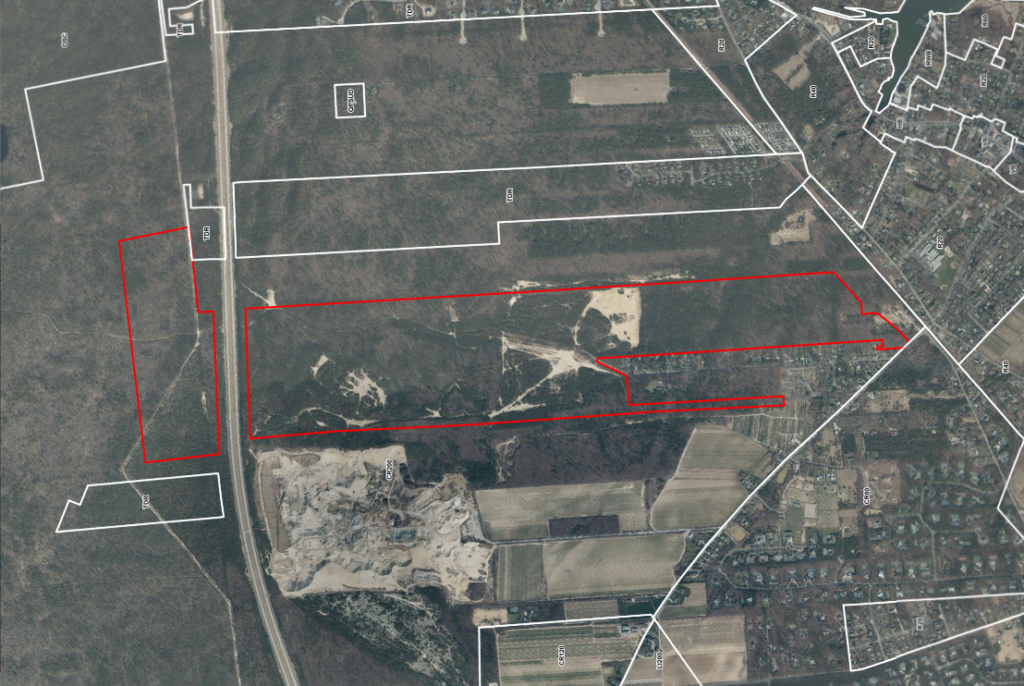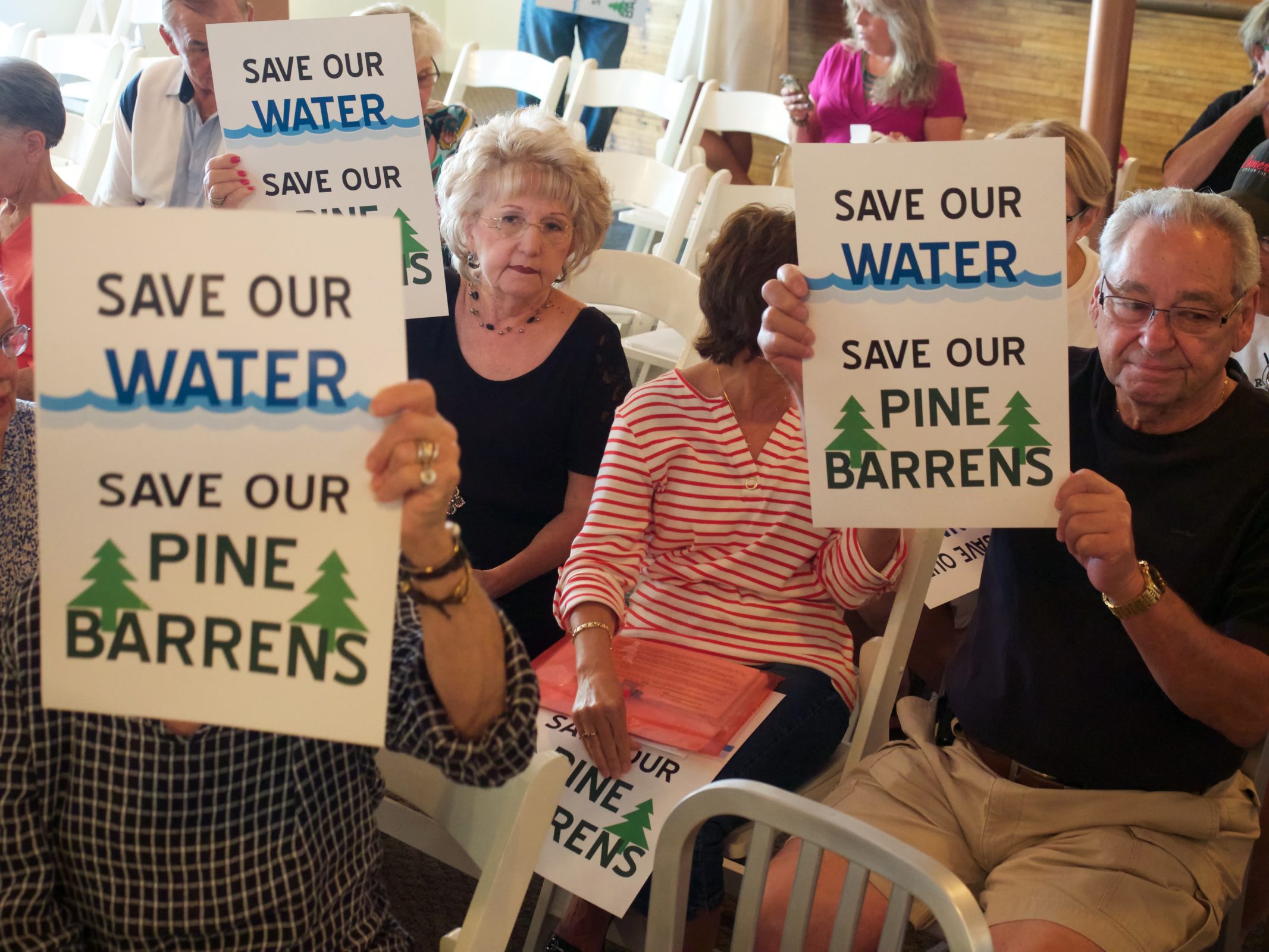The topic of water quality and quantity is very much so central to the LIPBS’s core mission. If the Pine Barrens themselves are our bread, then the underground aquifer is our butter. Protecting Long Island’s precious aquifer has always been the goal as much as protecting its precious forests, but that focus on water becomes more and more important with each passing year.
Recently, an article published in the New York Times highlighted Long Island’s water problem, as just a piece of a greater issue happening across the country due to overuse. The article is hardly an enlightening read if you’ve been paying attention for the last few decades, though it’s sobering regardless. While the article is paywalled on the NYT website (unless you are a subscriber), it can be read for free through the internet archive, a free online library (the formatting is a bit messy though, so you’ll have to scroll down a bit to find the main article).
The article, in its entirety, confirms one thing that should come as no surprise to Long Island environmentalists. One of the largest obstacles to better regulations for our water supply is overuse and contamination by for-profit organizations and companies. Right here in Suffolk County, the County legislature has not let resolutions advance so that residents could vote to incur a slight sales tax increase to ensure clean water! Another issue is loss of open space for water recharge. While the article highlights industrial farmer associations as a significant opponent, Long Islanders will be much more familiar with land developers being significant opponents to better regulations. And then there are golf course owners, with their “need” to overuse their sprinklers to keep a palatable green grass across the course.

The excessive amount of water “needed” to maintain a golf course
If it’s not some sort of for-profit organization though, it’s the government itself highlighting profit over people’s lives, with one of the interviewees claiming that “If we start showing that kind of data, that kind of goes into your property values,” a quote from Oklahoma’s own Water Resources Board as to why data on water quality was not conveyed directly to homeowners. The mere potential for future tax dollars was enough to deny people the right to know that their drinking water was drying up. This is hardly a new problem anywhere though, corporations and government putting profit over lives has long been a staple in areas like Southern Philadelphia, where an oil refinery was able to operate for 150 years, poisoning the local residents and workers with cancer causing smoke and runoff. Despite decades of protests from local residents over the very obvious health risks posed by the refinery, no government intervention ever occurred, even with generation after generation being led to either early graves or livelong complications. The refinery was only ever shut down when its own safety violations compounded, and resulted in an explosion which even further poisoned the local residents, who still have not been offered justice in the wake of their century-long fight.
Such instances, when put alongside the constant fight across the nation by environmental groups, highlights the deeper root of our water issues. More so than any one person might waste a few gallons of water by taking a 20-minute shower, or more so than one person can contribute to the pollution of the ocean by forgetting to recycle a can. The root of these threats to our water, and our land, have always, at their core, been the for-profit nature of corporations and government inaction.

The Lewis Road PRD Project, one of many developments targeting our land and water
For over 40 years now Long Island has been under constant threat from both of these groups. Corporations and developers who have been poisoning our water as far back as the first suburbs, and government that refuses to act even when given the resources, highlighted as far back as the Suffolk Country Sewer Scandal, and now recently when Suffolk Country tried to steal millions from taxpayers by using money for general operations meant for water quality improvements.
Change and recovery, as far off as they may seem, are entirely possible. However, it will take more than just turning off our sprinklers or taking shorter showers to achieve it. It will take changes from the ground up, on a far deeper level, that can only be achieved through proper large-scale reform. Reform that is already being fought for by innumerable different groups on the ground, that require support to continue their causes. The work we and those other groups do today is done on the hope that 50 years from now, future generations will not have to do the same.
By Andrew Wong, Long Island Pine Barrens Society


